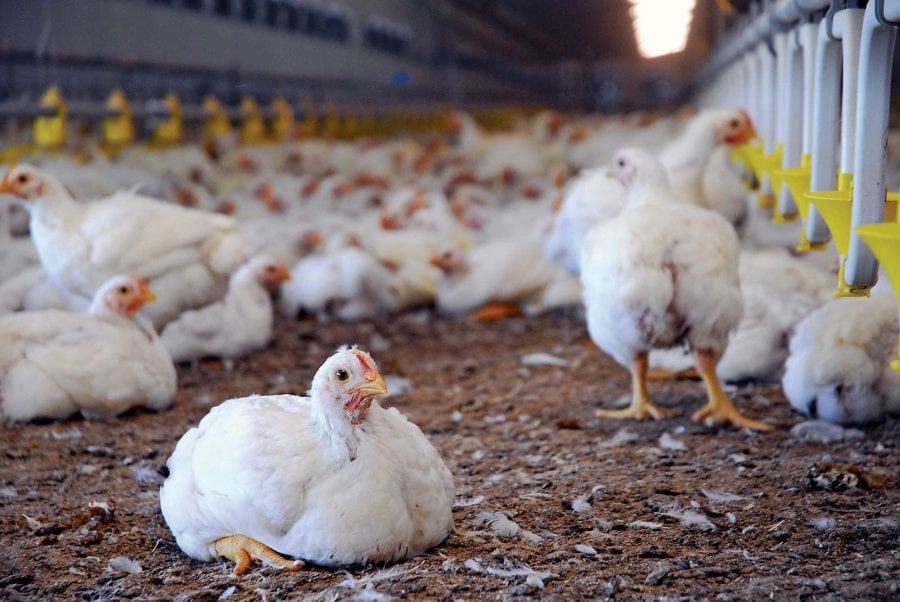
Earlier this year, the European Centre for Disease Control (ECDC) and the European Food Safety Authority (EFSA) published their annual report on antimicrobial (AMR) resistance in bacteria collected from humans, food animals, and meat. The report collates harmonised AMR surveillance data from 2022-2023 for 27 European Union Member States (MSs), Northern Ireland, and five non-MSs for key bacterial pathogens and indicator organisms, including Salmonella, Campylobacter, and E. coli. While the report found encouraging 10-year trends for certain measures of AMR, there was substantial heterogeneity across countries, and some causes for increased or continued concern.
Resistance to certain common and important antibiotics, such as ciprofloxacin, ampicillin, and tetracycline, was worryingly high among Salmonella spp. and Campylobacter spp. in both humans, food animals, and meat. Campylobacter resistance to fluoroquinolones (ciprofloxacin) is so high among human, animal, and meat isolates that it is no longer recommended for treatment in humans. Further, detection of carbapenem resistance in a handful of isolates from humans and animals reinforced the need for close monitoring of resistance patterns for this last-line antibiotic. Trend analysis using data from 2014 – 2023 showed a reduction in certain resistance patterns in humans, animals, and meat products in some countries, and no change or an increase in others, demonstrating the complexity of the problem and the need to expand progress more broadly across the region. In two bright spots, the report found low levels of combined resistance to critically important antimicrobials in animal and meat samples, as well as a reduction in AMR in animals according to two key outcome indicators for E. coli resistance.
Overall, the results of the report reinforce the utility of harmonised surveillance across the human and animal health sectors for tracking progress towards reducing AMR and for quickly identifying the development of new or emerging AMR threats. The report cautions against the overuse of antimicrobials in all sectors and recognises the need for more consistent progress across the region.
Also published earlier this year was the Welsh government’s review of its five-year AMR in Animals and the Environment Implementation Plan, which represented the country’s first attempt at taking a One Health approach to tackling AMR. One of the primary recommendations coming out of the review was to establish a new Animal AMR Control Plan for Wales, which supports the goals of the new UK National Action Plan (NAP) on AMR. The new plan focuses on several pillars of the UK NAP, including infection prevention and control (IPC) among farmed animals, increased surveillance, public engagement and education, antimicrobial stewardship, and development of the AMR workforce. Specifically, for IPC, Wales plans to focus on actions such as breeding for disease resistance, providing good nutrition and housing to farmed animals to support health, maintaining good hygiene in farming operations, and regularly monitoring the health of the animals. Increased surveillance is an additional pillar of the new plan, highlighting the need to measure patterns of animal disease, antibiotic use, and resistance. The implementation and review of the plan will be overseen by the newly established AMR Animal Health Delivery Group, which will also be charged with adapting the plan as necessary to address emerging needs.
Overall, the increased focus on a One Health approach to addressing AMR in Europe is promising and provides a framework for working together across country borders to help tackle this truly global problem.
If you enjoyed this article and would like to build a career in global health, we offer a range of MSc programmes covering health and data, infectious and tropical diseases, population health, and public health and policy.
Available on campus or online, including flexible study that works around your work and home life, be part of a global community at the UK's no.1 public health university.
